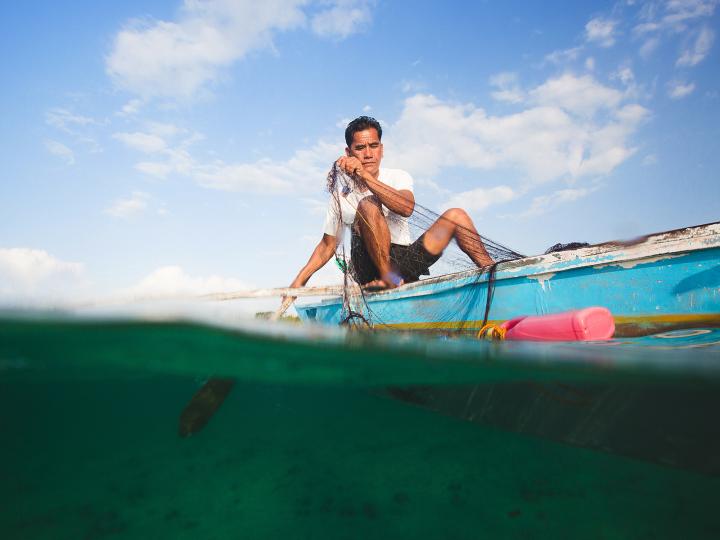
Our Approaches
Why our Livelihoods programmes work
Ending cycles of poverty is at the heart of our approach to helping the most vulnerable families lift themselves out of poverty for good.
Our work addresses the underlying causes of child poverty, food/nutrition insecurity, vulnerability to climatic events, and lack of access to markets and financial services. We help people build the knowledge, skills, and resources.
Our approaches ensure that:
• Children are well nourished and free of hunger;
• Families have resilient livelihoods, income, and assets
• Parents support their children’s education and have the financial resources to provide it
• Adolescents develop hope and skills for a productive future
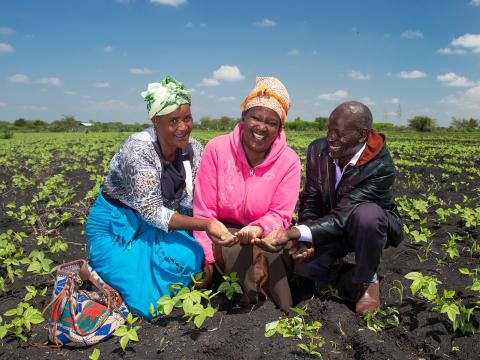
Core Project Model
Inclusive Markets for Communities
The Inclusive Markets for Communities (M4C) model helps marginal poor families raise incomes and provide better for their children. To this end, we adopt a green and gender responsive inclusive Markets Systems Development (iMSD) approach. This aims to capitalise on opportunities for inclusive and green growth, while ensuring the poor benefit – especially women and other vulnerable groups. We partner with private sector and public actors on new and greener products, services, opportunities and jobs for the poor. We also work with women and men so that they can better understand and participate in economic markets.
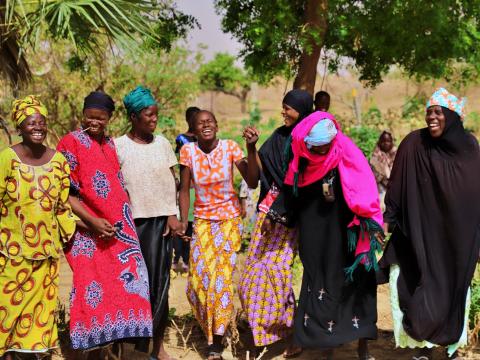
Core Project Model
Savings for Transformation
Savings for Transformation is an approach being used by over six million active participants, many of whom are women, to facilitate savings and credit in a small-scale and sustainable way. This project model instils hope and contributes to child well-being by enabling community members to plan ahead, cope with household emergencies, develop their livelihoods and invest in the health and education of their children.
Savings groups are owned, managed and operated by the members, using a simple, transparent method whereby groups accumulate and convert small amounts of cash into savings. They are community led and therefore, highly sustainable.
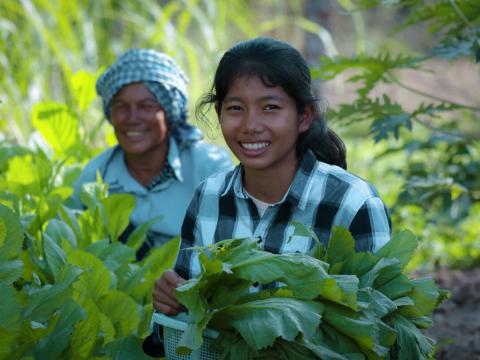
Core Project Model
Microfinance
We work with community members to develop relevant skills for them to bring into the workplace. This not only provides a potential and sustainable livelihood for the future but also instils hope and aspirations for a better life. Our microfinance arm, VisionFund, works with potential employers by providing small loans to promote market and employment opportunities.
Microfinance is part of the comprehensive Livelihoods sector approach to strengthen and secure livelihoods of rural households so they can provide sustainably for their children.
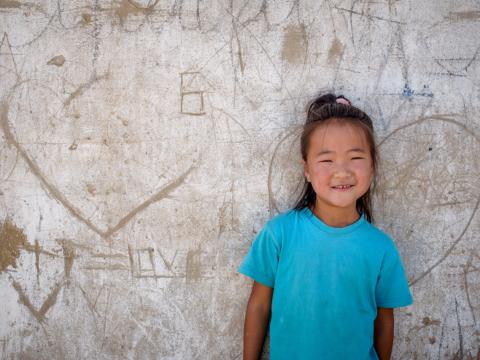
Core Project Model
Ultra-Poor Graduation
Our intensive two-year programme called ‘Ultra-Poor Graduation’ equips the most vulnerable families to be self-reliant once World Vision has moved on to help others. We provide access to temporary food and cash assistance, savings for transformation, training, and marketing expertise to help families’ start a small business or access employment. Families also learn about health, nutrition, and hygiene practices to ensure that economic gains are translated into better care for their children.
The Ultra-Poor Graduation model identifies individuals living in extreme poverty and provides them with basic resources, financial education, technical training, life skill coaching, and social support so that they can “graduate” from the programme with food security and sustainable sources of income.
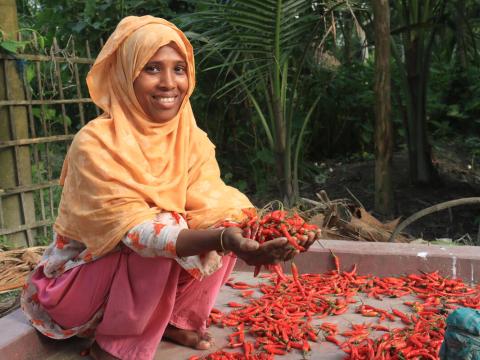
Approach
Women's Economic Empowerment
Women's economic empowerment (WEE) is central to realising World Vision's mission 'for every child, life in all its fullness'. When women are stable financial contributors to a household, investments in children's health and education increase. Therefore, WEE is a key supporting approach of our Livelihoods work where women can benefit alongside men.